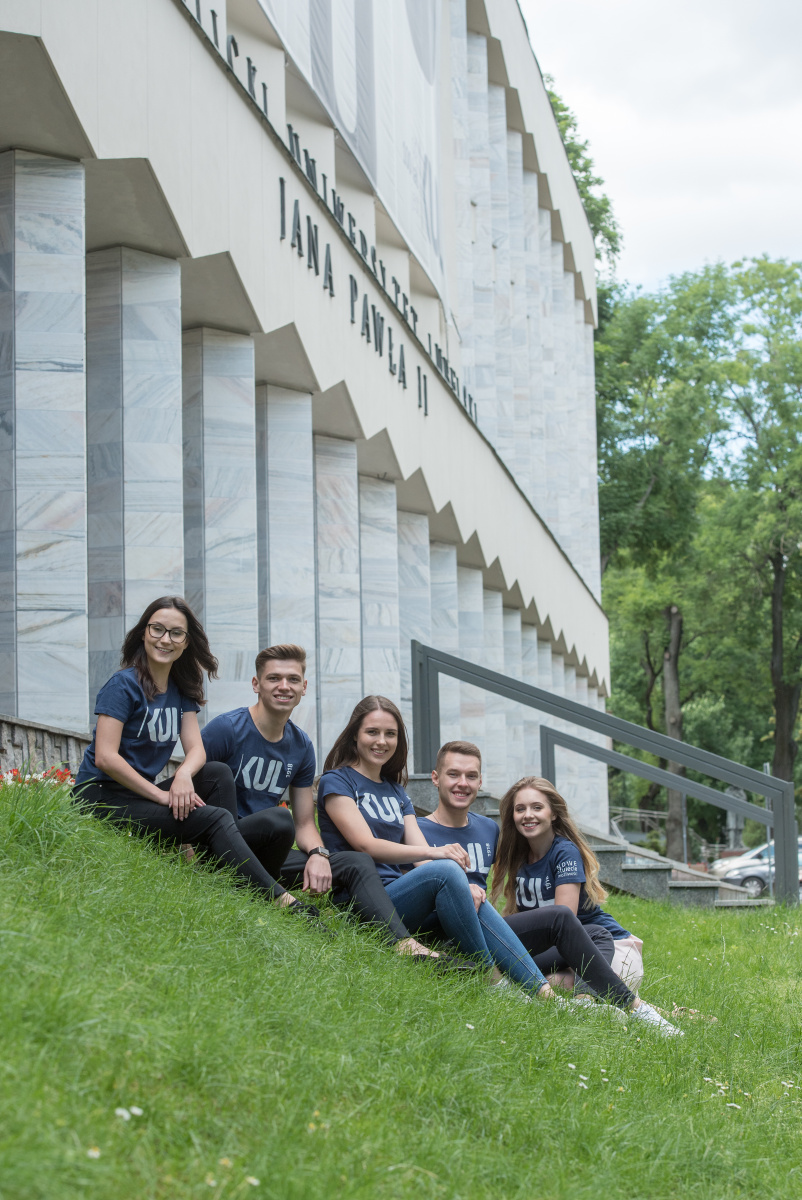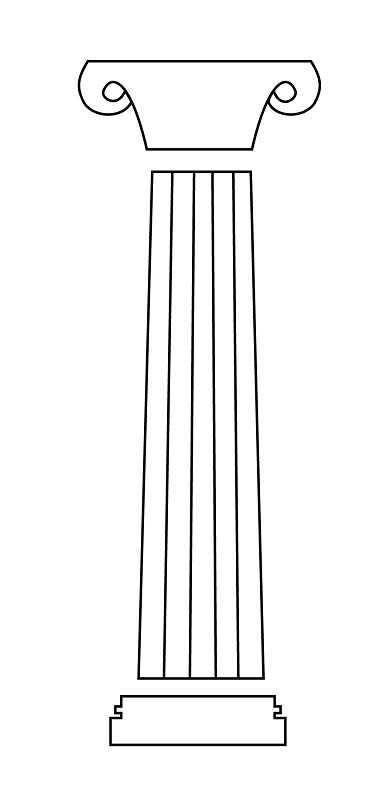
philosophy
history
linguistics
literary studies
arts studies
sociology
pedagogy
law
canon law
psychology
theology
economics and finance
biological sciences
political science and public administration
Rules and Regulations of KUL Doctoral School:
LINK
A doctorate may be prepared in two modes: within the framework of education at the doctoral school or under the extramural procedure.
1. Education at the KUL Doctoral School – Education at the KUL Doctoral School takes place on a full-time basis (classes are held on working days) and lasts four years, after which the doctoral candidate presents a dissertation. Doctoral candidates must undergo the recruitment procedure and meet the university requirements. In the course of their education at the doctoral school, they are treated as young academics, and thus, fulfilling the requirements of the curriculum, they are required to conduct scientific research, prepare publications and engage in other activities. Throughout the entire period of their education they enjoy full student rights and receive a doctoral scholarship. The scholarship for the first two years of education equals 37% of the professor’s salary (currently a gross amount of PLN 2,371.70 per month), and for the next two years – 57% of the professor’s salary (i.e. a monthly gross amount of PLN 3,653.70). The doctoral scholarship is subject to social and health insurance contributions (if a doctoral candidate has no other title to health insurance). Under this scheme of study, the doctoral candidate pays no fees to the University. The curriculum is available in Polish and in English (obligatory courses and some other courses).
2. Doctorate in extramural mode – Candidate interested in obtaining the academic degree of doctor in an extramural mode prepares the doctoral dissertation in consultation with their academic supervisor (potential promoter). Candidates who prepare their doctorate this way are not doctoral students of the KUL Doctoral School, have no student rights, do not receive a doctoral scholarship, and do not participate in classes at the doctoral school. They must, however, have the qualifications required to obtain the academic degree of doctor within the scope and in the manner prescribed for the scientific discipline concerned. The proceedings for conferring the degree of doctor are initiated only after the submission of a finished doctoral dissertation. Under this procedure, after the submission of the dissertation, a doctoral candidate is required to pay a fee for the proceedings in the amount specified by law (currently it is ca. PLN 16,000).
Admissions
We welcome candidates for the new academic year!
A candidate enters the competition for a limited number of places. Admission is determined by the position on the ranking list. The recruitment takes place according to the schedule determined for a given academic year and the final decisions are made in September for the next academic year. All candidates must meet the recruitment criteria, which include, inter alia, the requirement to submit a plan of their doctoral dissertation. Preparation for recruitment requires a considerable amount of time, so it is reasonable to take this fact into account and start preparation well in advance so to prepare the required documents on time.
Admission’s Procedure is available at: http://kandydat.kul.pl/en/doktoranckie/
Supervisors 2021/2022 – update in progress
Philosophy
History
Art Studies
Law studies
Sociology studies
Theological studies
Psychology
Political Science and Public Administration
Institute of Economics and Finance
Ks. prof. dr hab. Marcin Składanowski – Director
Ks. dr hab. Leszek Adamowicz, prof. KUL – canon law
Dr hab. Wacław Bąk, prof. KUL – psychology
Prof. dr hab. Mirosława Hanusiewicz-Lavallee – literary study
Ks. dr hab. Maciej Hułas – Sociology
Dr hab. Janina Kotlińska, prof. KUL – economics and finance
Dr hab. Dorota Kudelska, prof. KUL – Arts studies
Dr hab. Agnieszka Łukasik-Turecka, prof. KUL – political science and public administration
Prof. dr hab. Anna Malicka-Kleparska – linguistics
Dr hab. Maciej Masłyk, prof. KUL – biological science
Dr hab. Krzysztof Mielcarek, prof. KUL – Nauki Biblijne
Ks. prof. dr hab. Marian Nowak – pedagogy
Prof. dr hab. Marek Piwowarczyk – philosophy
Dr hab. Mieczysław Ryba, prof. KUL – history
Ks. prof. dr hab. Adam Rybicki – theology
Dr hab. Piotr Zakrzewski, prof. KUL – law
Programm

Curriculum of the KUL Doctoral School refers to a metaphor of a temple build on four columns:
Column 1: Academic competences
Column 2: Knowledge dissemination
Column 3: Methodological competences
Column 4: Specialized competences
These four columns provide a base for truth seeking and sharing. Honestly seeking for truth, we can find Eternal Truth.

In each column three parts are distinguished, each of them representing a specific kind of activity:
- base – obligatory courses;
- shaft – elected courses;
- capital – students’ own activity.
Vast selection of courses and activities allows building individualized teaching programm, taking into account individual interests of students.
The programm is provided in Polish and English (however not all courses are available in English).
KUL Doctoral School
The John Paul II Catholic University of Lublin
Al. Racławickie 14, Room CN-012 and CN-013
20-950 Lublin, Poland
tel.: +48 81 445 41 89, +48 81 445 41 29
e-mail: phd@kul.pl
